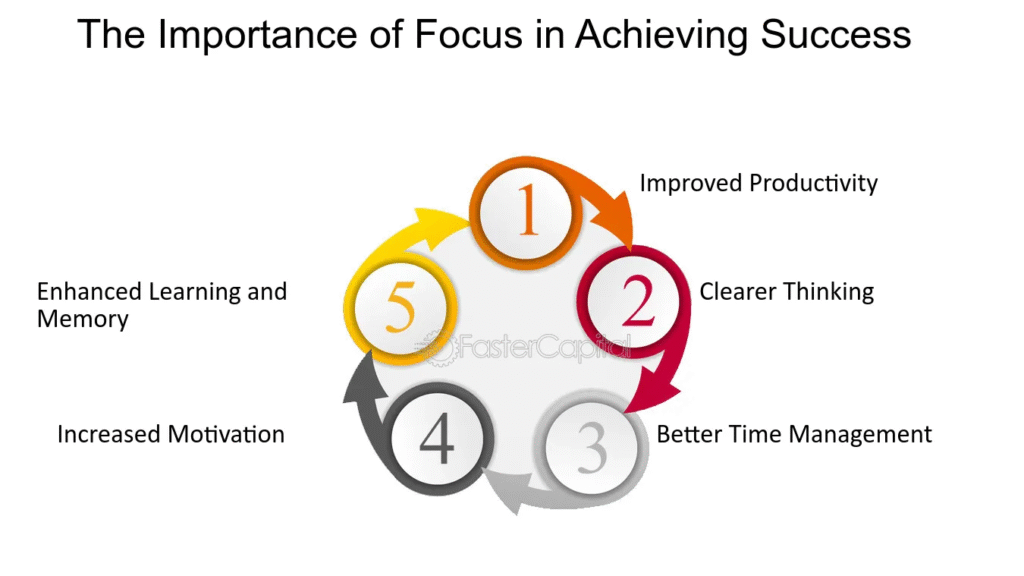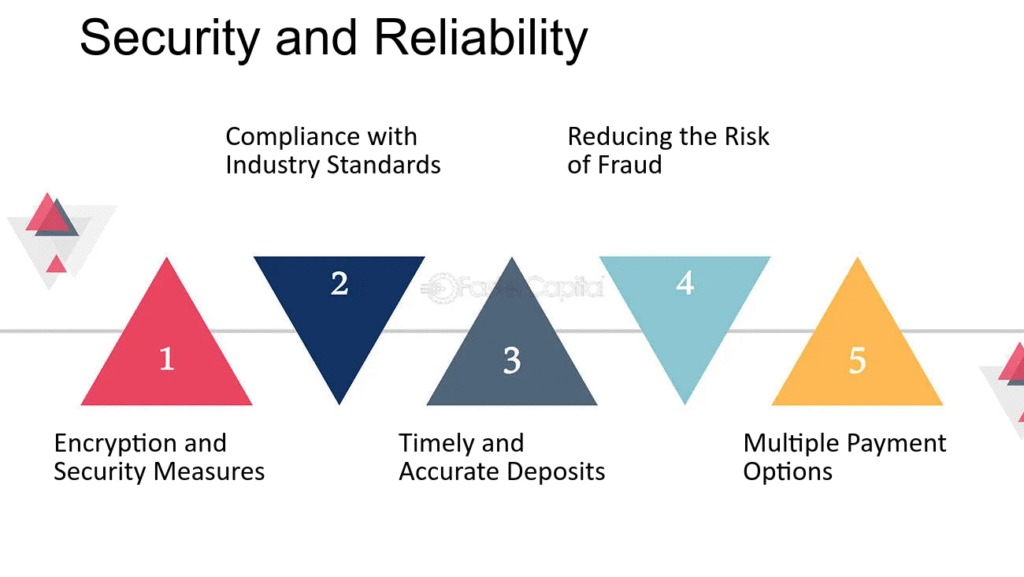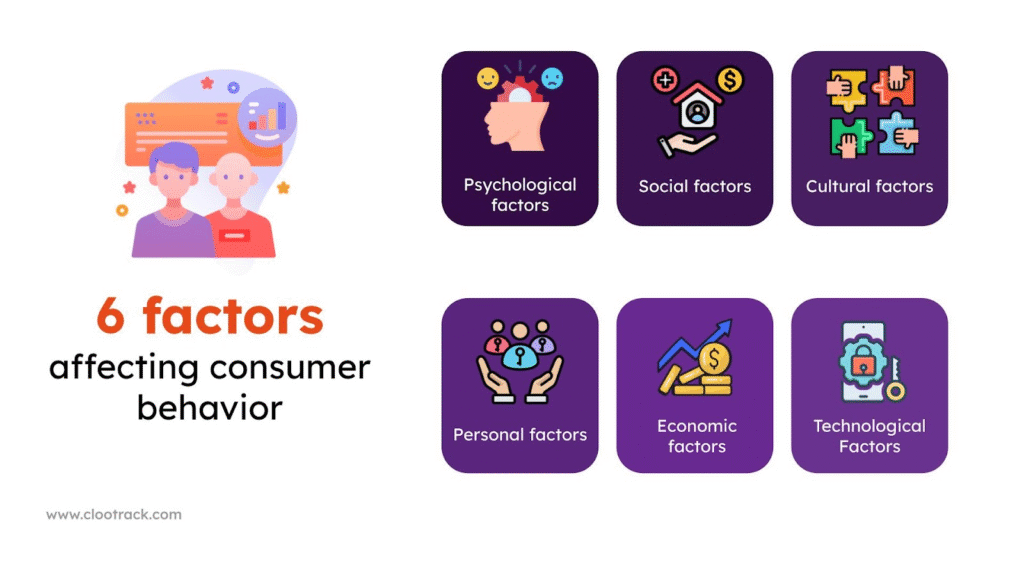Luxury vehicles and performance cars typically dominate the news headlines when it comes to car purchases. However, there is a much larger and equally powerful, category of car buyers that largely takes place under the radar – budget car buyers. Budget car buyers are not making compromises. In fact, they are overall more deliberate, strategic, thought-through, and intelligent than many people assume.
Looking closely at the psychology of budget car buyers shows that their decisions focus on more than good value for their dollar. There is a basis of values, beliefs, and behaviors that demonstrate a dfferent kind of smart consumer.
A Strong Focus on Practical Value

Practicality is key for budget-conscious car buyers. Their goal isn’t to impress others, it’s to achieve the highest return on their purchase. They don’t stop at the sticker price. They inquire about the cost of ownership. What are costs to maintain? What is the resale value? How long will it last? This is the attitude of individuals who plan on driving their car based on its purpose and not its perception.
These buyers think long-term. They don’t look at car payments as monthly totals. They want the total cost of ownership and not those small mnthly payments four, five or even ten years in the future. Fuel economy, reliability, and low repair bills are more important than appearance and prestige.
Financial Discipline and Long-Term Thinking

One of the most defining characteristics of a budget car buyer is their self control. These people understand their budget and they will not exceed it no matter how appealing the flashy model may be, or if you mistake the features of a upscale model regarding the less costly model of their choice. This type of measured approach and behavior ties into long term planning, and mature, effective finncial management.
While many buyers cannot resist the ‘pull’ of emotional spending, budget car buyers typically stay rational in their approach to the transaction. They understand that a car is a depreciated asset, and characterize the purchase as simply an investment; and they are wondering where the best place they can spend their money, and how they can limit their risk of daaging that value, and maximize their reliability.
Minimalist Preferences and Simplicity

A base of budget car consumers are likely to have several attributes of minimalism as a philosophy in life. They value “just enough” instead of “as much as possible.” Buyers tend to dislike complication, as well as any over-built technology features, the options of several trims, or luxurious adornment on the vehicle. They enjoy simple designs, easy-to-operate controls, and reliable vehicles that do the job with little hassle.
Their simplicity preference can even manifest in their lives by living in a small house, being careful about clutter or having too much stuff, and only living with things that they really need or value (called minimalism). For these consumers, cars are simply a tool for function and freedom – not a lifestyle statement or symbol of luxury.
Security and Reliability Over Excitement

Generally, budget buyers care more about reliability and security. They simply want a car that starts every day, gets them where they need to go and doesn’t send a newer car to the body shop costing serious cash. This tendency reveals a desire for suppression of undesirable emotions when purchasing a car, in this case, a preference for reliable and money-saving experiences.
In fact, many budget-buyers would even argue they are akin or more emotionally attached to their reliable choice than a luxury buyer was to their performance decision. This emotional assurance that the vehicle is going to stay reliable under pressure gives an existential comfort that shiny bells and whistles cannot compete with.
Freedom from Social Pressure

Another fascinating psychological insight is how budget car buyers are generally immune to peer pressure. In societies that promote status based on what you drive, these buyers purposely choose not to play the game. They don’t feel the obligation to impress others; they are satisfied with the fact that they simply made the prudent, logical choice.
This degree of confidence demonstrates a thoughtfully reflective and mature level of self-awareness. These drivers are more secure in their choices and experience less regret or buyers remorse.
Environmental Awareness Is Rising

More frequently, buyers with a lower budget are thinking about the environment in their purchasing decision. Compact, fuel efficient cars are less expensive to own and operate compared to non-compacts, but they also produce fewer emissions, and use less resources to manufacture.
Of course, there are buyers who are not actively eco-conscious, but they may only consider budget. When they typically choose a fuel-efficient compact car, their decisions become good for not only their wallets, but also the environment. Small engines, small cars, light-weight design and limited technology not only achieve a better price point but also generally represent good values for reducing your carbon footprint.
Youthful and Informed Mindsets

Budget-conscious car buyers traditionally haveeen thought to be older or limited financially, but the interest from the younger generation in this market is on the rise. Today’s younger drivers have access to more information than ever before, as the internet allows them access to reviews, YouTube comparisons, and mobile applications that track a vehicle’s history.
Instead of decisions based on emotions, today’s Generation Z and Millennial buyers are thinking about ownership costs, long-term savings, and real-world utility. They reject the notion that the vehicle defines status. Rather, they look at a vehicle as a utility that facilitates their goals and independence.
Function Takes Priority Over Flash

Most budget buyers want their cars to be functional vehicles; they are not so much interested in aesthetics. This certainly doesn’t mean that they wouldn’t appreciate a lovely design, but it does mean that snazzy wheels, leather interiors, or giant digital dashboards are not high on their priority list. They want comfort, reasonable space, reasonable performance-and that’s about it.
This is deep emotional intelligence. It takes clarity of thought and quietude to differentiate between needs and wants, especially when marketing pressures for an upgrade or an unnecessary fancy feature persistently push their way in.
Technology Has Changed Their Expectations

The budget car market is rapidly changing in 2025. Even entry-level models are offered with touchscreens, smartphone compatibility, backup cameras and advanced safety systems as standard or, at the very least, as available options. Budget-minded car shoppers are no longer oblivious to the advancements and changes in the automobile marketplace and expect to see these features on their vehicles.
At one time, the expectation of this level of vehicle functionality had no relevance to a “cheap car.” Today, budget car shoppers know, even at a price point of 15,000, they can expect efficient design, modern touches and usable technology. They have the right to be picky and assertive when car shopping, and they know this.
Emotionally Stable Buying Behavior

Budget-car consumers are emotionally grounded and generally confident in their purchase decisions. They don’t seek thrills or lifestyle reinforcement like some other car buyers. Their emotions come from a place of practicality, gratitude, and a level of ownership that is fulfilling.
There is a type of happiness behind owning a working vehicle that does not cost much, and does not create overwhelming anxiety. There is a comfort in knowing that your vehicle is fully owned, has low maintenance costs, and performs well in each season.
Conclusion
In the automotive marketing world, budget car buyers are far too often written off as silly consumers. However, a look into their psychology shows that they represent an influential consumer type. Budget car buyers are financially conscious, emotionally sophisticated, and focused with practical, not flashy, intentions. Budget buyers are concerned with reliability, utility, and the control aspect of a monetary purchase and the purchase itself.
In this economically uncertain marketplace, budget car buyers are not just practical but they are pioneering a smarter and minimalist way to own drive cars. They are engaging in nuanced purchasing behaviors that demonstrate their acute cognitive awareness of value, autonomy, money, and thinking in multi-year plans. When they choose to act on their values and preferences as a consumer, they create a much louder noise to manufacturers and the industry.




